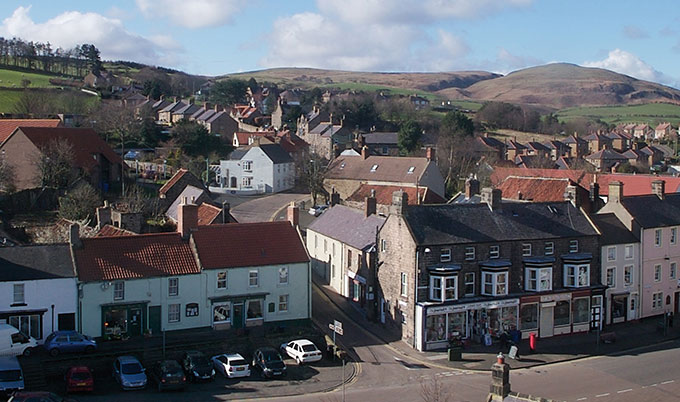CRE After Brexit
Sowing the seeds of a new approach to rural policy post-Brexit
Published on: 18 April 2017
Policymakers must look beyond agriculture if the rural economy is to contribute fully to the future of post-Brexit Britain, say experts at Newcastle University.
The experts are urging the UK Government to consider the wider opportunities for economic growth offered by rural communities. They argue that, while predominantly rural areas in England alone contribute at least £237 billion a year to the UK economy, policymaking often fails to make the most of their potential and communities risk being left behind.
But, says the team from Newcastle University’s Centre for Rural Economy, leaving the EU offers the possibility of a new approach. They have identified 10 issues that they believe will need priority attention during and after the Brexit process. These include:
- How can national and local government plan support for rural communities to reach their full economic potential?
- How can we maintain the supply of public goods in the countryside?
- How can the housing needs of rural communities be addressed?

Encouraging economic growth and healthy rural communities
Leaving the European Union means withdrawing from the Common Agricultural Policy, with opportunities for reconsidering how best to encourage economic growth and healthy rural communities, and rethinking the most effective means of protecting the whole range of vital services provided by our environment, including food, water, carbon storage and clean air.
Brexit also means the end of schemes like LEADER that supported community development via Local Action Groups and policymakers have to take decisions on whether and how this might be replaced.
Director of Newcastle University’s Centre for Rural Economy Guy Garrod said: “This is an uncertain time for rural areas, with policy very much up in the air while Brexit negotiations proceed. But it’s also an opportunity to begin again, from a blank sheet, and redesign support more closely tailored to the British countryside we want to see thriving over the next ten, twenty, fifty years.
“We would argue that, although agriculture is a vital component of economic activity for these areas, and one that is of national importance for our food security, it is actually one element of a complex web of interconnecting businesses that underpin rural development, and we need to be looking at that whole system more holistically.
“That is why we are launching our paper “After Brexit: 10 Key questions for rural policy”, to encourage policymakers to take this wider view. Policymakers don’t yet have answers to all of these important questions – that’s impossible at this stage – but we hope that defining the questions takes us along the road to a more coherent strategy for economic growth in our post Brexit countryside and gives both politicians and researchers some positive direction for the future.”
The experts will be discussing the questions posed in their paper “After Brexit: 10 Key questions for rural policy” with policymakers and rural experts on Thursday 27 April 2017, 5.30–8.00pm, at RICS, 12 Great George Street, Parliament Square, London, SW1P 3AD.



